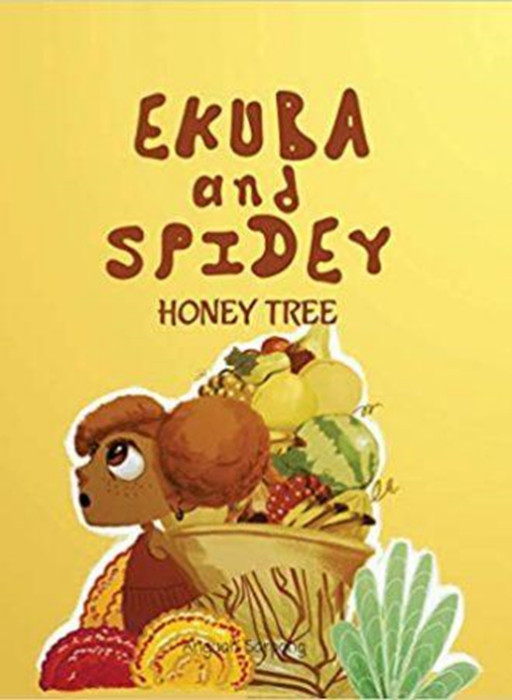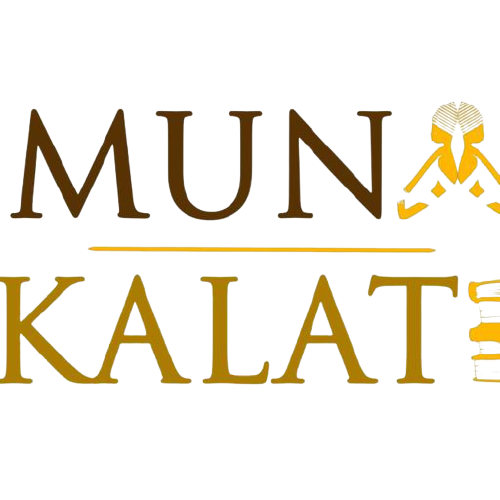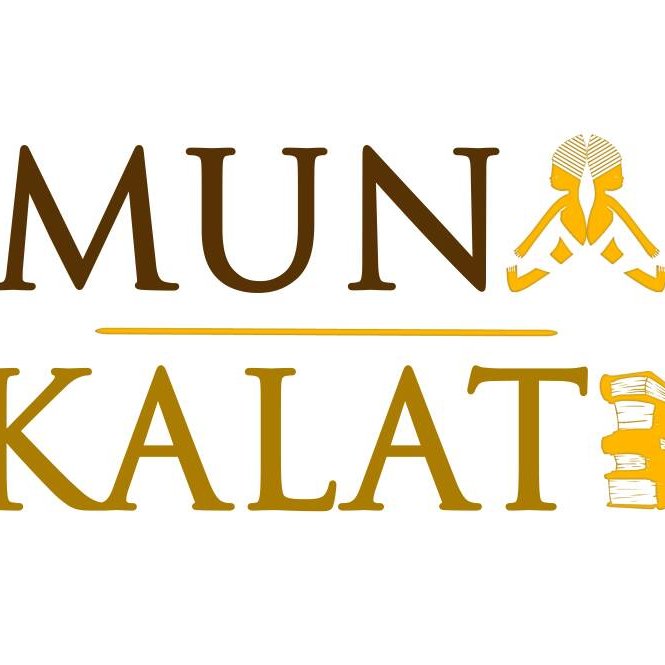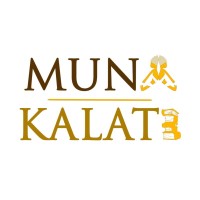Muna Kalati had the opportunity to interview up and coming children’s books writer, Anguah A. Abbey who writes under the pseudonym, ‘Anguah Sarpong’. Read on to hear Anguah Abbey’s perspective on issues within the children’s literature industry.
Muna Kalati: Tell us about your background and how you became a publisher? What role did your parents/family play in developing your interest in writing?
Anguah A. Abbey: I´ve always wanted to write or create something from as early as age 9. My father would buy me these Babysitters´ Club book series and my mom bought me poster colours for my painting. I enjoyed reading the books and writing my very own version in a ‘Note 3’ notebook from school. For some reason I was obsessed with a picture in my head of a woman, standing by a hillside with her beautiful home behind her, air blowing her hair and dress. So, I used my poster colours for that a lot. Haha!
I had the interest from a young age but academically I was a business student and wanted to grow up to become an accountant. It was in university that my professional interest aligned with what I referred to as my hobbies. An uncle of mine encouraged me to study Publishing as my first degree and then move on to an MBA. It was good advice.
Muna Kalati: What were the first children’s books you read? Were they African? What lessons did you learn from these books as a child?
Anguah A. Abbey: As a child I read mainly western children’s books and consumed cartoons a lot. Especially the Disney fairytales. I realised early on that I did not adhere to the damsel in distress storyline so I was glad when my father introduced me to the Babysitters´ Club books. I learnt resilience and independence of thought from those books. They were also training grounds for me to grow interest in real fiction. By age 10, I was reading Danielle Steele and John Grisham. I loved the problem-solving structure of those story lines. I also snuck my older sister´s Mills & Boon books as well whenever I could.
Muna Kalati: Could you give an overview of your career?
Anguah A. Abbey: I have worked for 15 years as a book editor. Book editing was my first professional love. Then I grew an interest in marketing and interacting with people. One day, I got a call from the Volta River Authority (VRA) to work in their Public Relations (PR) department on contract basis. That is how I fell in love with PR and media relations. Subsequently I have worked as a public relations practitioner in the mining and energy industries, respectively. I have also worked with radio stations in Ghana. I must say those were very exciting to me as well. I volunteered my communications skills with the World Wildlife Fund for a short time and learnt so much about the importance of protecting our environment and nature. I also had a really interesting opportunity to work as a Quality Analyst and Trainer under the Twitter content moderation programme. All these various roles always lead me back to creating, writing, editing, publishing. I did all of this while writing my children´s books.
Muna Kalati: Your books, ‘Ekuba and Spidey: The Honey Tree’ and ‘Ekuba and Spidey: The Sticky Scarecrow’ contain very interesting storylines that are similar to tales about Kwaku Ananse, the Ghanaian folktale character. How did you derive the concept for your stories?

Anguah A. Abbey: My idea behind Ekuba and Spidey is to create interesting, modern, imaginative stories around the popular African folktale character Kwaku Ananse. At the same, I wanted to showcase the kindness and generosity of children in the Ekuba character. My readers see themselves and their friends in Ekuba and also learn from the mischievous nature of Spidey; which is also an amusing trait of most children.
Muna Kalati: Do you want each book to stand on its own, or are you trying to build a body of work with connections between each book?
Anguah A. Abbey: Each book stands on its own with the core of the series maintained. Ekuba volunteers, Spidey is mischievous and entertaining. An amusing character that children can learn from at the same time. Each story comes under the series umbrella ´Ekuba and Spidey¨.
Muna Kalati: In Africa, children’s literature is located on the periphery and seen as a marginal genre compared to classical literature. What do you think of that?
Anguah A. Abbey: I don’t think that is the case because as children our parents and grandparents ensured that they exposed us to oral literature. It is in publishing that we lose sight of the importance in telling our children stories or reading stories to them. We tend to focus quite strongly on their education, this distracts us and creates an imbalance. There are many upcoming African Indie children´s books writers who seek to create more books in order to increase interest.
Muna Kalati: Which writers – novelists, poets, playwrights, critics, journalists – working today do you admire?
Anguah A. Abbey: I have always looked up to Efua Sutherland and Ama Ata Aidoo. I aspire to write from a place of generosity as they have done over so many years.
Muna Kalati: What is your proudest moment as a published writer of children’s books? What informed your decision to write for children?
Anguah A. Abbey: I always wanted to write books. I chose children because I grew a need to create illustrated books written by an African for African children and children of African descent that has the same content quality as mass produced western children´s books. My proudest moment was when I first published Ekuba and Spidey, Honeytree. I was not in Ghana at the moment and I was working with Ghanaian illustrator, Hanson Akatti. Our main challenge was distance and time difference. We had to go back and forth a lot. It took us one year to complete Honeytree. I was so proud when I received the first print copy and it looked just the way I wanted it to. I did it! It felt impossible for a long time but it was finally done. I immediately started writing Sticky Scarecrow!

Muna Kalati: As a writer with a publishing background, what qualities would you say are required for children’s publications to have universal appeal?
Anguah A. Abbey: I won´t have a one-size fits all requirement for children´s books. Children are versatile and their tastes differ. I have received feedback such as Honeytree attracts girls more than it does boys. To write for children, the author should be able to speak and communicate like a child; short, simple sentences; straightforward text because children are brutally honest; some amount of playfulness and imagination in the illustrations as well can be very good.
Muna Kalati: In an illustrated book, how central is the art to its success or failure, and what’s the relationship between art and text in your mind?
Anguah A. Abbey: In an illustrated book, context and style comes into play. Illustrators have different styles of expressing their art. When the illustration fits the context and content of the book, it improves the chances of the book´s success.
Muna Kalati: What advice will you give aspiring writers about getting their books published?
Anguah A. Abbey: I will say that there will never be a time in this world when we have too many books. Therefore, they should write their manuscripts and submit them to publishers who will have them.
Muna Kalati: Any last words?
Anguah A. Abbey: Thank you for the interview and I look forward to more discussions with your organisation!



